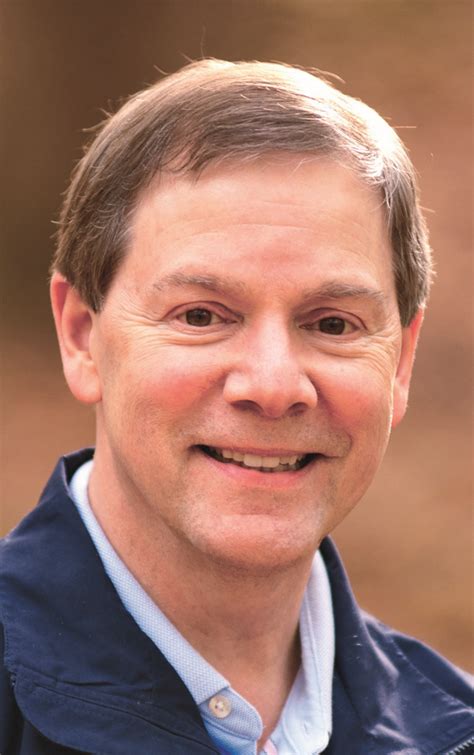A Quote by Walter Mosley
My father cared about the world he lived in, and so he admitted his confusion about his place in America because he didn't want me to make the same mistake in my life.
Related Quotes
Jesus is the prime exemplar of life in God's presence. He lived out of an awareness of the identity God had given him, not the identity the world wanted to give him; he led an active, ongoing prayer life; he took time apart from the world to be with his Father; he made his Father's agenda his agenda; he made his Father's love for people evident in tangible ways; and so on. These are all characteristics that we should emulate in our lives.
'East of Eden' is an important story for me. It's about a kid that's misunderstood and feels like he's not loved by his father. It's a very father-son kind of story, and it's not until the end that they sort of make up. I like that because every boy has trouble with his father, so it's very relatable.
My father always taught by telling stories about his experiences. His lessons were about morality and art and what insects and birds and human beings had in common. He told me what it meant to be a man and to be a Black man. He taught me about love and responsibility, about beauty, and how to make gumbo.
Rattigan's world demanded unwavering trust in principles, loyalty, and virtue. At the time of this play - Rattigan was writing this play in 1947 about an incident that took place in 1914 - should a boy say he didn't do something, his father would believe him; a British father would take the defense of his son's honor to his grave.
I want people to know that LeCrae the person is a Christian. Just because you put a tag on me or my music that doesn't make me or the music more or less of a Christian. I'd hope the legacy that I'd leave that people say... No, he's not a Christian because he said he was or because his stuff was labeled that. He's a Christian because he lived it! And when you know him and you know his life this is someone whose life is marked by Jesus.
When our Lord says, 'I have not spoken of Myself' (Jn. 12:49), and again, 'As the Father said to Me, so I speak' (Jn. 12:50), and 'The word which you hear is not mine, but the Father's Who sent Me' (Jn. 14:24), and in another place, 'As the Father commanded Me, even so I do' (Jn. 14:31), it is not because He lacks deliberate purpose or power of initiative, nor yet because He has to wait for the preconcerted key-note, that He employs language of this kind. His object is to make it plain that His own will is connected in indissoluble union with the Father.






































